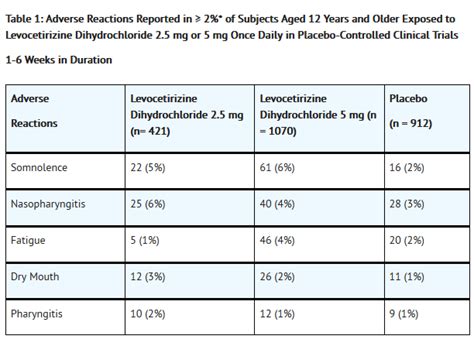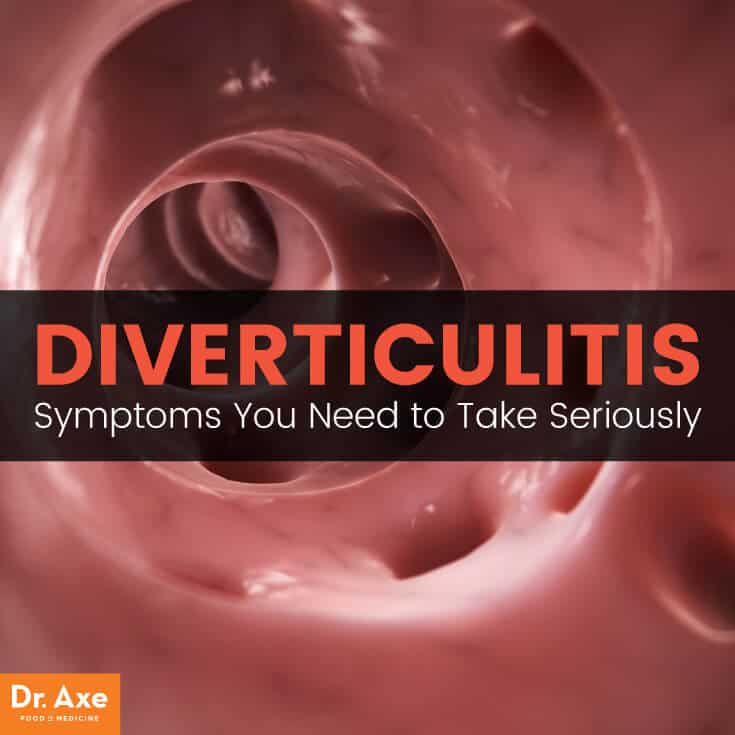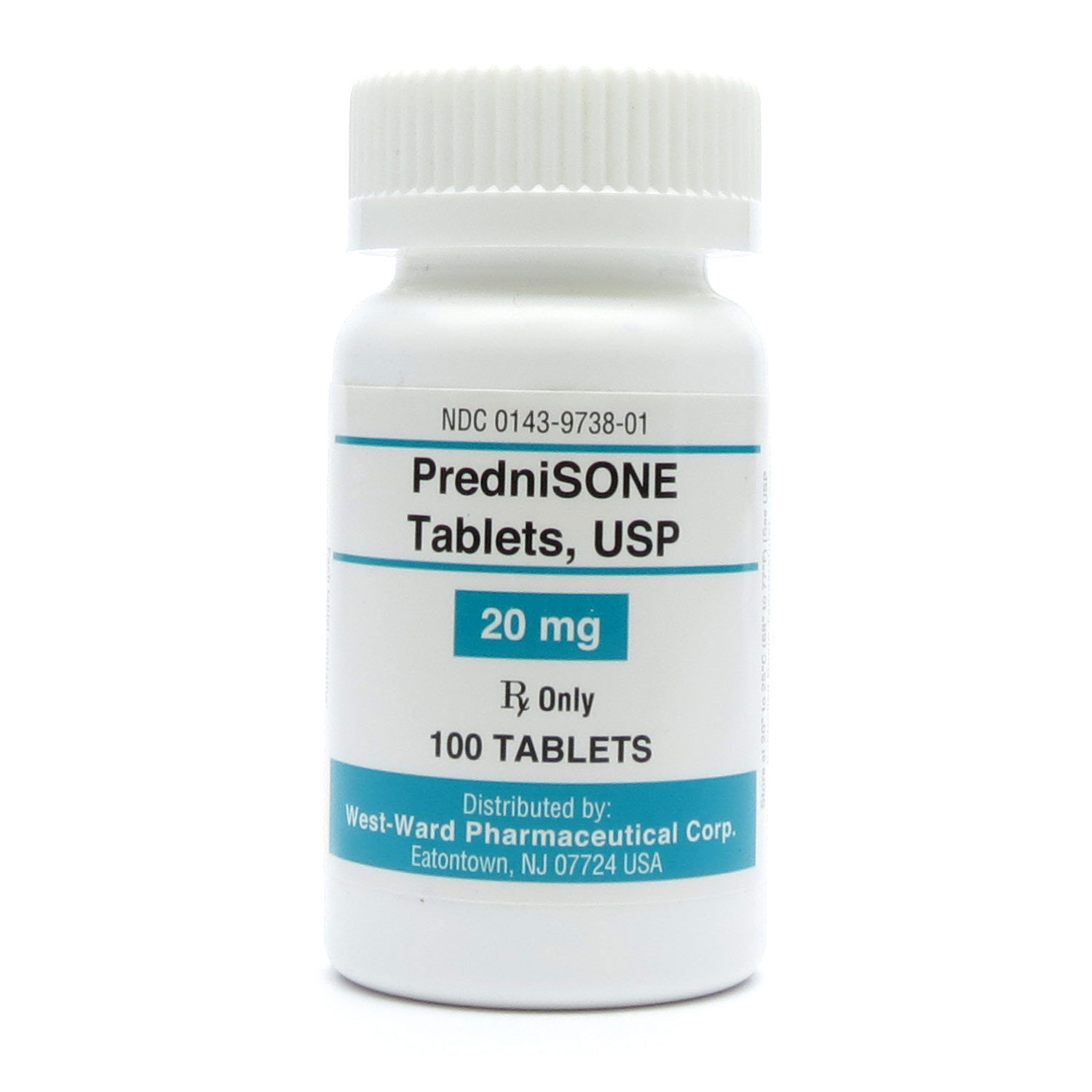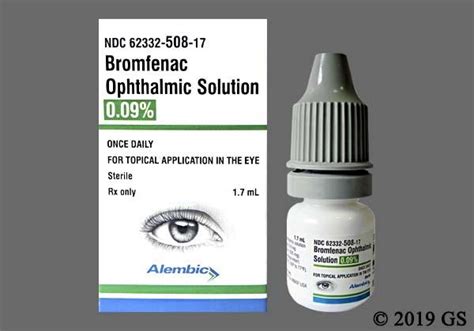12 Meniere's Disease Remedies For Fast Relief
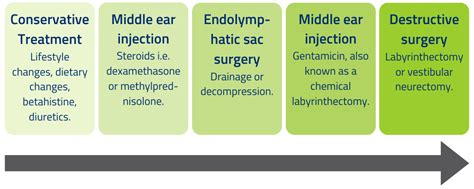
Meniere’s disease, a disorder of the inner ear, can cause episodes of vertigo, tinnitus, hearing loss, and a feeling of fullness in the ear. While there is no cure, various remedies and treatments can help alleviate symptoms and improve quality of life. Here, we’ll delve into 12 Meniere’s disease remedies that may provide fast relief, exploring their effectiveness, potential benefits, and how they work.
1. Dietary Changes
Adopting a low-sodium diet is often recommended for Meniere’s patients. Excessive sodium can exacerbate fluid imbalance in the inner ear, potentially worsening symptoms. Foods rich in salt, such as processed meats and canned goods, should be limited. Additionally, increasing the intake of foods that are rich in potassium, vitamin B12, and other essential nutrients can help mitigate symptoms. Drinking plenty of water to stay hydrated is also crucial, as dehydration can exacerbate vertigo and tinnitus.
2. Betahistine
Betahistine, a medication that improves blood flow to the inner ear, is sometimes prescribed for Meniere’s disease. It’s believed to help reduce the frequency and severity of vertigo episodes and may also improve hearing in some cases. While not universally effective, betahistine is a common first-line treatment due to its relatively mild side effects and potential benefits.
3. Vestibular Rehabilitation Therapy (VRT)
VRT is a type of physical therapy that helps improve balance and reduce problems related to vestibular (inner ear) disorders. A vestibular therapist can design a customized exercise program to help improve balance, reduce dizziness, and enhance overall vestibular function. This therapy can be particularly beneficial for managing vertigo and balance issues associated with Meniere’s disease.
4. Intratympanic Injections
For severe cases of Meniere’s disease where other treatments have failed, intratympanic injections of gentamicin or steroids may be considered. Gentamicin can help reduce vertigo by decreasing the function of the balance organ in the inner ear, while steroid injections may help reduce inflammation. These procedures should be performed under the guidance of an experienced ENT specialist due to potential risks, including hearing loss.
5. Meniett Device
The Meniett device is a low-pressure pulse generator that delivers intermittent pneumatic pressure to the middle ear. This non-invasive treatment aims to alleviate symptoms by improving fluid circulation in the inner ear and reducing endolymphatic pressure. Patients use the device for a few minutes several times a day, and it may help in managing vertigo, tinnitus, and aural fullness.
6. Lifestyle Modifications
Certain lifestyle adjustments can significantly impact the management of Meniere’s disease symptoms. Stress reduction techniques, such as meditation, yoga, and deep breathing exercises, can help manage episodes of vertigo and tinnitus. Getting regular sleep, avoiding loud noises, and maintaining a healthy weight are also beneficial. Reducing caffeine and alcohol intake can help some patients, as these substances can exacerbate symptoms.
7. Acupuncture
Although the evidence is mixed, some patients with Meniere’s disease report benefits from acupuncture. This traditional Chinese medicine technique involves inserting thin needles into specific points on the body and is believed to help restore the balance of energy and potentially alleviate vertigo and tinnitus. It’s essential to find a licensed practitioner to ensure safe and effective treatment.
8. Ginkgo Biloba
Ginkgo biloba, an herbal supplement known for its antioxidant properties, is sometimes used to treat tinnitus and vertigo associated with Meniere’s disease. It’s believed to improve blood circulation to the brain and inner ear, potentially reducing the severity of symptoms. However, its effectiveness varies among individuals, and it may interact with other medications, so consulting a healthcare provider before starting any supplement is crucial.
9. Vitamin and Mineral Supplements
Certain vitamins and minerals, such as vitamin B6, magnesium, and manganese, are involved in maintaining the health of the inner ear and may help alleviate Meniere’s disease symptoms. While the evidence is not conclusive, some patients find that supplementing their diet with these nutrients, in addition to maintaining a balanced diet, helps manage their condition. Always consult with a healthcare provider before adding any supplements to your regimen.
10. Middle Ear Muscle Relaxation
Some patients find relief from tinnitus through exercises that relax the muscles of the middle ear, such as the tensor tympani muscle. Techniques like the “tensor tympani reflex reduction technique” can be learned from an audiologist or hearing specialist and may provide temporary relief from tinnitus by reducing muscle tension.
11. Sound Therapy
For those suffering from tinnitus, sound therapy can be an effective management strategy. This involves listening to specific sounds, such as white noise, nature sounds, or tailored frequencies, to help mask or decrease the perception of tinnitus. Sound therapy can be provided through devices, apps, or even customized hearing aids, and it’s best planned with the guidance of an audiology specialist.
12. Cognitive Behavioral Therapy (CBT)
Meniere’s disease can have a significant impact on a patient’s mental health, leading to anxiety, depression, and stress. Cognitive Behavioral Therapy (CBT) is a helpful approach in managing these psychological aspects. CBT focuses on changing negative thought patterns and behaviors, helping patients cope better with their condition, improve their quality of life, and reduce the distress associated with Meniere’s disease symptoms.
How can I manage vertigo episodes effectively at home?
+To manage vertigo episodes at home, ensure you have a safe environment by removing tripping hazards and installing handrails. During an episode, sit or lie down in a quiet, dark room, and avoid moving your head. Over-the-counter medications like meclizine can help, but always consult a healthcare provider before starting any new medication. Adequate rest, a balanced diet, and staying hydrated are also crucial.
Can dietary changes alone reverse Meniere's disease symptoms?
+While dietary changes, such as reducing sodium intake and increasing potassium consumption, can help alleviate symptoms of Meniere's disease, they may not completely reverse the condition. A comprehensive treatment plan that includes lifestyle modifications, vestibular rehabilitation, and possibly medication is often necessary for managing symptoms effectively.
Is there a surgical option for treating Meniere's disease?
+Surgery may be considered for severe cases of Meniere's disease where other treatments have not provided sufficient relief. Surgical options can include endolymphatic sac surgery, labyrinthectomy, or vestibular nerve section. However, surgery carries risks, including hearing loss, and should be discussed thoroughly with an ENT specialist to determine if it's a suitable option.
In conclusion, managing Meniere’s disease requires a multi-faceted approach that often involves a combination of lifestyle modifications, medical treatments, and in some cases, surgical interventions. While the remedies outlined above can provide relief and improve quality of life, it’s essential for each patient to work closely with their healthcare provider to tailor a treatment plan that best addresses their unique needs and symptoms. With the right approach and support, individuals with Meniere’s disease can better navigate their condition and find meaningful relief.
